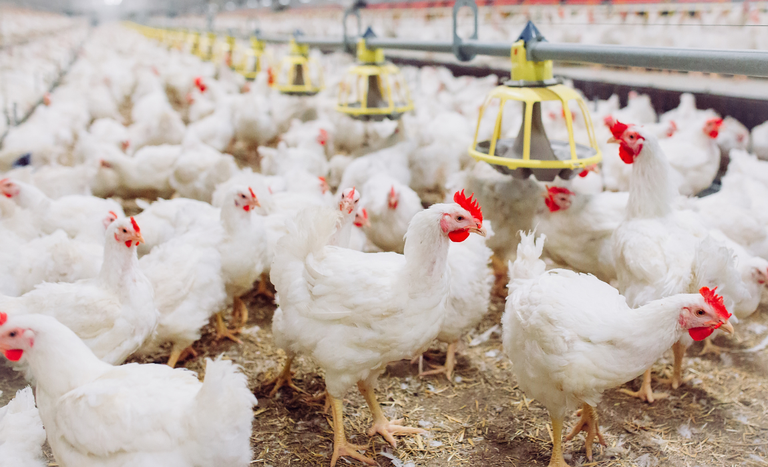Brazil opened five new agricultural markets in China, the main destination for its exports of products to the world.
These markets correspond to duck meat, turkey meat, chicken viscera (heart, liver and moela), corn ethanol derivatives (DDG and DDGS) and peanut meat.
Peanut meat is a food made from ground peanuts, which are processed to a texture similar to ground beef (a vegetarian option).
In 2024, Brazil exported products to the world for 337 billion dollars and China ranked as the main destination of these shipments, with a 28% share according to data from the Ministry of Development, Industry and Foreign Trade.
New agricultural markets in China
On May 13, 2025, Brazil and China signed 20 agreements following a four-day visit by President Luiz Inácio Lula da Silva to Beijing. Lula met with Xi Jinping.
Three agreements secured access for Brazilian producers to five new agricultural markets in China by authorizing Brazilian exports to China.
In addition, the agreements included key advances in sanitary and phytosanitary cooperation. This reinforces the quality and safety standards required by the Chinese market.
Other bilateral commitments focused on technological development. They also highlighted the common interest in strengthening a more cooperative and multipolar global order.
Bilateral trade
Trends in Brazil’s international trade in recent years reflect the growing importance of Asia, particularly China.
The percentage share of the main destinations for Brazilian exports of products in 2024 is shown below:
- China: 28.0.
- United States: 12.1.
- Argentina: 4.1.
- Netherlands: 3.5.
- Spain: 3.0.
- Singapore: 2.3.
- Mexico: 2.3.
- Chile: 2.0.
- Canada: 1.9.
- Germany: 1.7.
H5N1
The H5N1 avian flu is already affecting exports from Rio Grande do Sul. For now, the impact is limited. However, if restrictions continue after June, the consequences could be more serious.
According to estimates, if Brazil manages to declare itself free of the disease after 28 days without new cases, the drop in sales will be temporary. In this scenario, the effect would resemble the performance recorded in April.
On the other hand, if the suspension is prolonged, the impact on exports will be greater.

